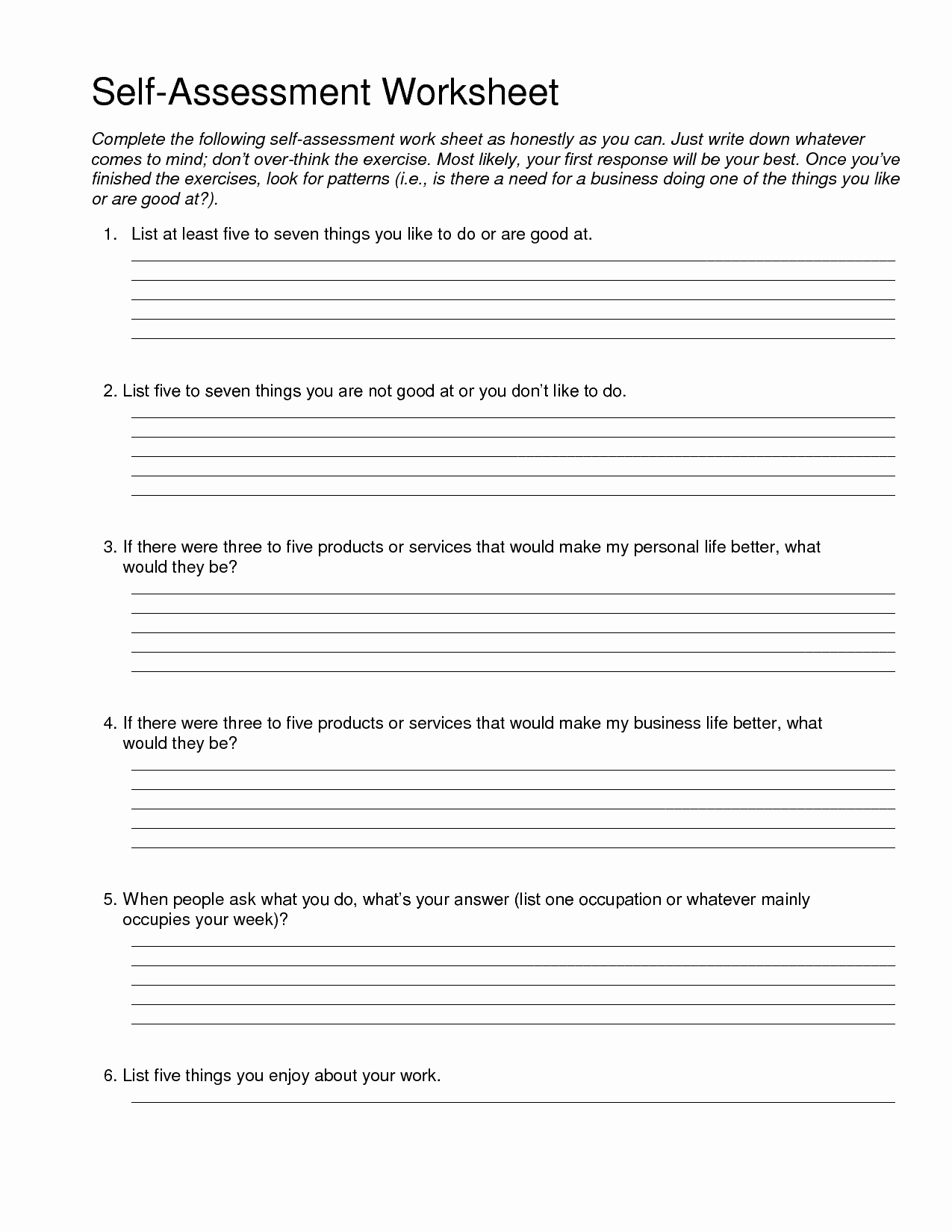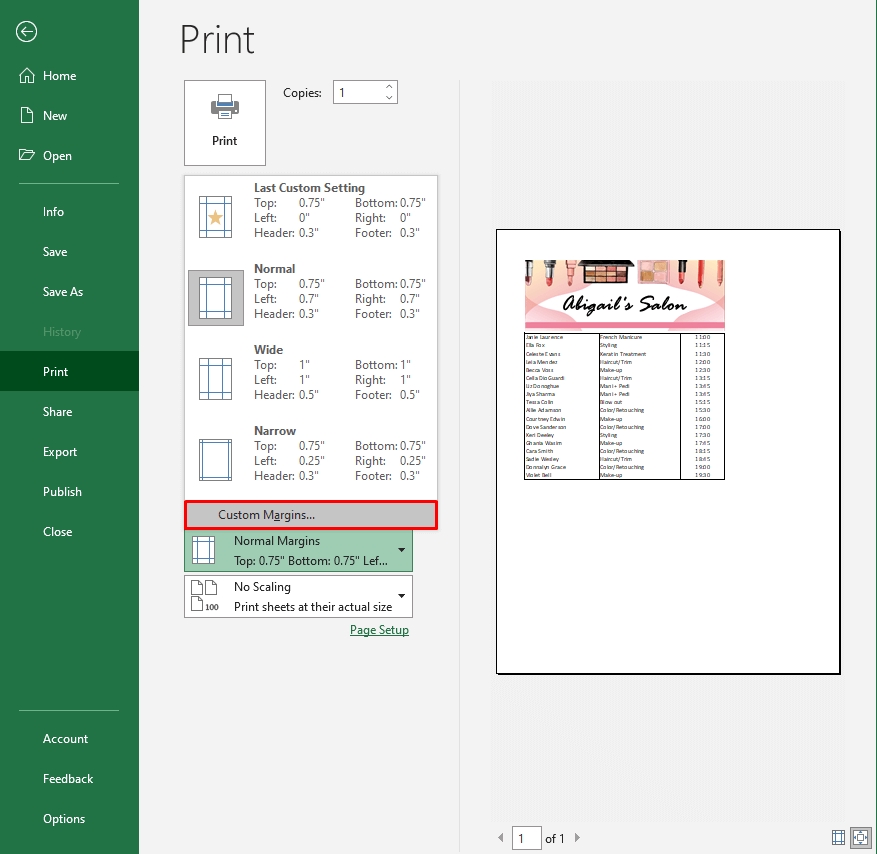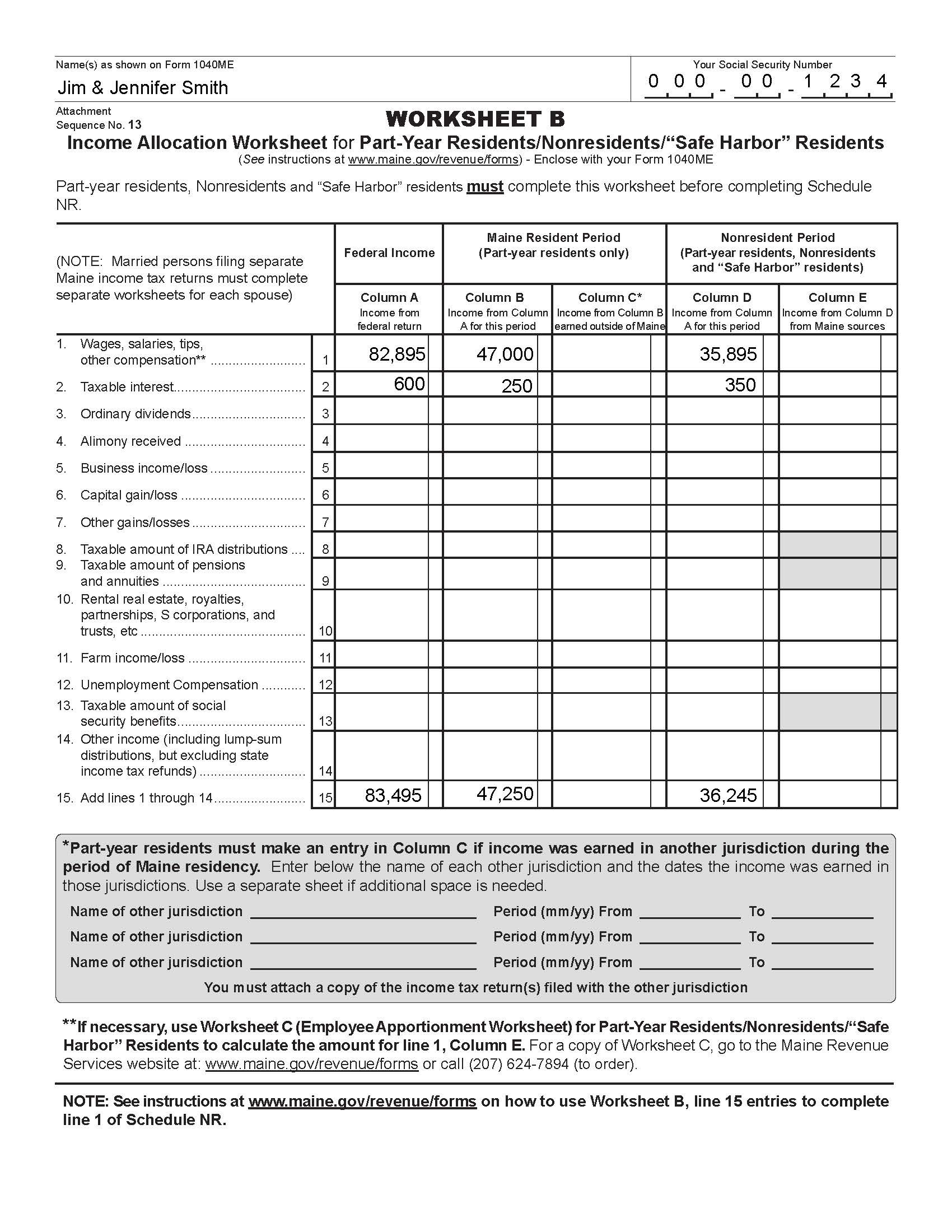Building Self-Respect Worksheets for Personal Growth

Introduction to Building Self-Respect
Self-respect is the foundation of a happy and fulfilling life. It is the key to unlocking our full potential, building strong relationships, and achieving our goals. However, many of us struggle with self-respect due to past experiences, negative self-talk, or unrealistic expectations. In this article, we will explore the concept of self-respect, its importance, and provide you with practical worksheets to help you build self-respect and achieve personal growth.
Understanding Self-Respect
Self-respect is the ability to recognize and appreciate our own worth, values, and strengths. It involves treating ourselves with kindness, compassion, and dignity, regardless of our mistakes or flaws. Self-respect is not about being perfect; it’s about being honest, authentic, and accepting of ourselves.
Self-respect is essential for our well-being because it:
- Boosts confidence and self-esteem
- Encourages self-care and self-compassion
- Helps us set healthy boundaries and prioritize our needs
- Fosters resilience and adaptability
- Enhances our relationships and communication skills
Identifying Negative Self-Talk
Negative self-talk is a significant obstacle to building self-respect. It involves criticizing, judging, or putting ourselves down, which can lead to low self-esteem, anxiety, and depression. To overcome negative self-talk, we need to become aware of our thoughts and challenge them.
Worksheet 1: Identifying Negative Self-Talk
- Write down three negative self-statements you often tell yourself.
- Next to each statement, write down the emotions it evokes (e.g., sadness, anger, frustration).
- Challenge each statement by reframing it in a more positive and realistic way.
Example:
Negative Self-Statement: “I’m a failure because I made a mistake.” Emotion: Shame Reframed Statement: “I made a mistake, but I can learn from it and do better next time.”
Practicing Self-Compassion
Self-compassion is the practice of treating ourselves with kindness, understanding, and acceptance, especially when we make mistakes or experience difficulties. It involves recognizing that we are human and that it’s okay to not be perfect.
Worksheet 2: Practicing Self-Compassion
- Write down three things you would say to a friend who is struggling.
- Now, write down three things you would say to yourself in a similar situation.
- Reflect on how you can practice self-compassion in your daily life.
Example:
What I would say to a friend: “You’re doing the best you can, and that’s something to be proud of.” What I would say to myself: “I’m doing the best I can, and that’s enough.”
Setting Healthy Boundaries
Setting healthy boundaries is essential for building self-respect. It involves communicating our needs and limits clearly and assertively, without being aggressive or passive.
Worksheet 3: Setting Healthy Boundaries
- Write down three situations where you feel like you’re being taken advantage of or disrespected.
- Next to each situation, write down what you need or want in that situation.
- Practice assertive communication by writing down what you would say in each situation.
Example:
Situation: A friend constantly calls me to talk about their problems. What I need: Some space and time to focus on my own needs. Assertive Communication: “Hey, I care about you, but I need some time to focus on my own stuff. Can we catch up another time?”
Celebrating Strengths and Accomplishments
Celebrating our strengths and accomplishments is essential for building self-respect. It involves recognizing and appreciating our achievements, no matter how small they may seem.
Worksheet 4: Celebrating Strengths and Accomplishments
- Write down three things you’re proud of accomplishing.
- Next to each accomplishment, write down what strengths you used to achieve it.
- Reflect on how you can continue to celebrate your strengths and accomplishments.
Example:
Accomplishment: Completing a difficult project at work. Strength: Perseverance and attention to detail. Celebration: Treat myself to a favorite meal or activity to acknowledge my hard work.
💡 Note: Building self-respect takes time and practice. Be patient and kind to yourself as you work through these worksheets.
In conclusion, building self-respect is a journey that requires effort, patience, and practice. By identifying negative self-talk, practicing self-compassion, setting healthy boundaries, and celebrating our strengths and accomplishments, we can develop a stronger sense of self-respect and achieve personal growth.
What is self-respect, and why is it important?
+Self-respect is the ability to recognize and appreciate our own worth, values, and strengths. It is essential for our well-being because it boosts confidence and self-esteem, encourages self-care and self-compassion, and helps us set healthy boundaries and prioritize our needs.
How can I overcome negative self-talk?
+Overcoming negative self-talk involves becoming aware of our thoughts and challenging them. We can reframe negative self-statements in a more positive and realistic way, practice self-compassion, and focus on our strengths and accomplishments.
What are some ways to practice self-compassion?
+We can practice self-compassion by treating ourselves with kindness, understanding, and acceptance, especially when we make mistakes or experience difficulties. We can also practice mindfulness, meditation, and self-care activities to cultivate self-compassion.



